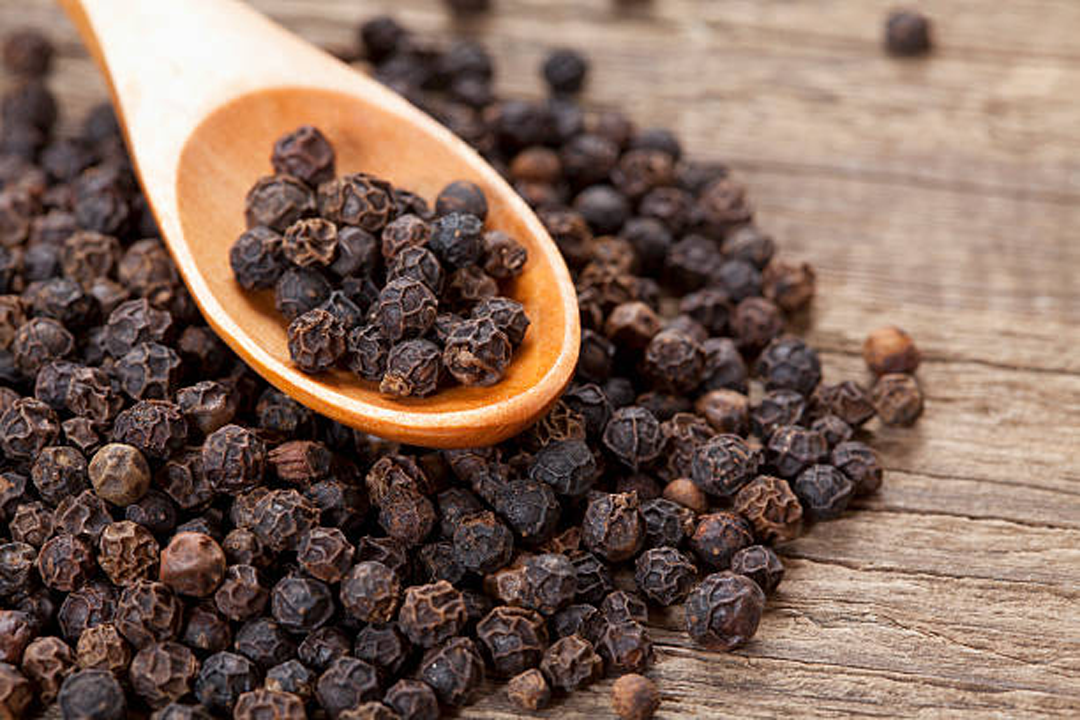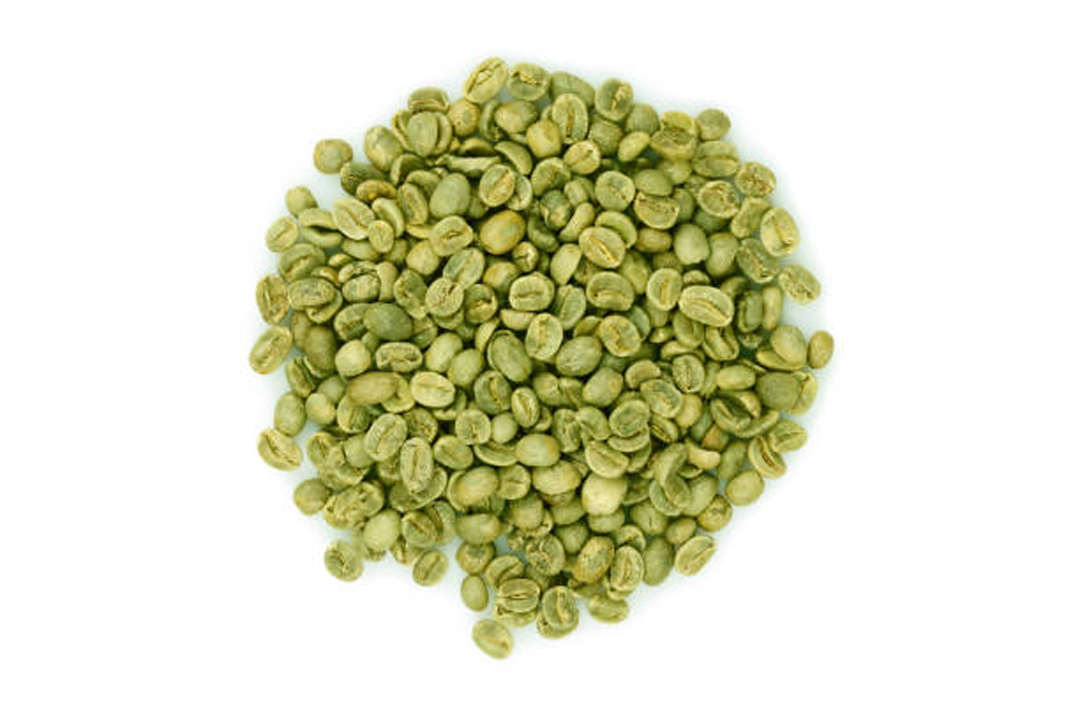If you walk into a health foods store or the weight loss section of a pharmacy or if you search on the Internet, you’ll found countless numbers of supplements that claim they can help you lose weight. The trouble is, most of these supplements are not effective. However, some of them have been scientifically tested and shown to be beneficial, while others have demonstrated conflicting results, which means they probably aren’t yet ready for prime time.
Let me also stress, however, that you should not depend on natural weight loss aids to help you lose weight. At best they can enhance your other necessary weight loss efforts, which include adopting healthy eating habits that focus on low-fat, high-fiber foods such as fruits, vegetables, grains, and plant-based proteins, as well as regular physical activity. There may be natural supplements other than those explained here that you want to try to help you lose weight. Research findings are always changing, and so you may find convincing evidence that supplements other than those included here may enhance your weight loss efforts. Whatever you do, you should consult a knowledgeable health-care provider before you take any supplements to be sure they will not interact negatively with anything else you are taking or with any health issues you have. Here are some supplements that may help you with your weight loss efforts.
Seaweed Supplements
The oceans offer a variety of seaweeds that contain components shown to help reduce body weight and body fat. Don’t worry: the seaweed comes disguised in capsules or other unrecognizable forms so you won’t even know what you’re taking.
Among the seaweeds found to help with weight loss are brown seaweeds, including the edible brown seaweeds such as hijiki and wakame. These and other seaweeds contain a pigment and carotenoid (plant nutrient) called fucoxanthin, which has been shown to have anti-obesity properties. Basically, scientists believe fucoxanthin may help with weight loss by focusing its action on a protein called UCP1, which increases the rate at which the body burns abdominal fat.
Since you would need to eat an incredible amount of wakame and other brown seaweeds to get any possible weight loss benefits, seaweed supplements are an option. Several studies conducted in animals and people that have used seaweed supplements have shown some benefits.
For example, a twelve-week double-blind study involved eighty obese adults who were divided into two groups. Both groups were following a low-calorie diet, but one group also consumed a beverage that contained a seaweed-based supplement. The control group was given a beverage that did not contain the supplement.
By the end of the study, the participants who had taken the seaweed supplement had lost four pounds more than the subjects in the other group. Although four pounds may not sound like a lot, over a year that equals about sixteen pounds and you may reduce your systolic blood pressure by 1 mmHg for every two pounds you lose.
The types of seaweed used in the study supplement were Laminaria digitata and L. hyperborea. These are both large brown seaweeds and contain a natural fiber called alginate, which has been shown to significantly reduce the amount of fat the body absorbs. But the seaweeds were also effective in humans. When the researchers tested the seaweed by adding it to bread, the alginates significantly reduced the digestion of fat. In fact, the head of the study, Dr. Iain Brownlee, commented that their findings “suggest alginates could offer a very real solution in the battle against obesity.”
Black Pepper

Did you know that the black pepper you sprinkle on your food could help you drop additional pounds? That is probably good news, especially if you like your food to pack a bite. The reason black pepper helps with weight and fat loss is because it contains an ingredient called piperine, which is also responsible for pepper’s unique taste.
Beyond taste, however, research indicates that piperine increases metabolism, especially when the diet consists of high-fat, high-sugar foods. At least that’s what investigators found when they gave black pepper to mice and studied its effects in computer models. Specifically, they discovered that piperine helps interfere with the formation of new fat cells, which in turn helps stop weight gain, and has potential as a treatment for over-weight and obesity. Overall, the researchers noted that “our results suggest that piperine could be a lead natural compound for the treatment of fat-related disorders” and thus also help with weight loss for people who have high blood pressure.
In the laboratory, scientists have discovered that piperine has the ability to suppress activities that are involved with fat metabolism. This finding led one team of researchers to note in a Journal of Agricultural and Food Chemistry study that black pepper and piperine could be a “potential treatment for obesity-related diseases.” The black pepper component also prevents the liver from immediately breaking down certain supplements and drugs, which in turn increases the body absorption of the substances and the effects they provide.
The pure form of piperine is BioPerine, which is extracted from the fruit of black pepper. A typical dose is 10 milligrams taken twice daily before meals. The most common side effects of piperine are nausea, vomiting, and diarrhea, but these tend to be mild. If you consume more piperine than recommended, you may experience some heartburn. Chronic inhalation of black pepper or piperine powder can irritate the lungs.
Green Coffee Bean Extract
You may have read about the excitement surrounding the use of green coffee bean extract as a weight loss aid. Green coffee beans are raw, unroasted coffee beans.
Based on a number of scientific studies, it appears that this supplement can help you drop pounds. But wait: What about the caffeine in coffee beans? Should you worry about the stimulating effect of caffeine if you have high blood pressure?
Let’s address the concern about caffeine before looking at how green coffee bean extract may help with weight loss. Although it seems green coffee bean extract would cause an increase in blood pressure and heart rate, surprisingly researchers have found the opposite to be true.
For example, consider the results of a 2012 study published in Diabetes, Metabolic Syndrome and Obesity and conducted by researchers at the University of Scranton. The investigators enlisted sixteen overweight adults in a twenty-two-week crossover study, which means the subjects participated in both the treatment and the placebo segments of the study. In this case, the adults took either 1,050mg or 700mg of green coffee bean extract or a placebo for six weeks, with a two-week washout period in between each segment of the study.

All the participants lost weight (average: about seventeen pounds) and body fat (average: 4.44 percent) when they were taking green coffee bean extract, and all of them also had a reduction in body mass index. In addition, three had a reduction in systolic blood pressure and five had a reduction in diastolic blood pressure, while twelve had a decline in heart rate. The authors of the study concluded that green coffee bean extract may be an effective and inexpensive way to reduce weight and prevent obesity.
What’s the secret ingredient in green coffee beans that helps people lose weight but does not necessarily cause their blood pressure to rise? As typically happens, scientists conduct their research and make their discoveries in animals before they perform testing in humans.
Therefore, in early studies researchers found that the blood-pressure-lowering effect of green coffee beans is due to the presence of chlorogenic acid. This acid is an antioxidant, which means it can help fight molecules that cause disease, aging, and other deteriorating events in the body. Chlorogenic acid also breaks down when coffee beans are roasted, so any health benefits associated with the raw beans are lost.
Chlorogenic acid contains ferulic acid, which in turn has an effect on nitric oxide and the blood vessels. Thus chlorogenic acid has a positive effect on blood vessels and blood pressure. This benefit has been seen in human studies, including one in which twenty-eight adults with essential hypertension took part. Participants took either 140 milligrams per day of chlorogenic acid or placebo. Both systolic and diastolic blood pressures declined significantly among participants who took chlorogenic acid but not among those who took placebo.
Now let’s get back to the ability of green coffee bean extract to help with weight loss. It appears that chlorogenic acid also has an ability to reduce the amount of fat people absorb from food while also stimulating the burning of fat. These weight loss benefits seem to be related to how chlorogenic acid interferes with the activity of an enzyme called glucose-6-phosphatase.
So there you have it: a brief but impressive story about green coffee bean extract, weight loss, and high blood pressure. I suggest you keep your eyes and ears open for continuing research on green coffee bean extract, as well as the other supplements discussed in this chapter, so you’ll have the latest information on their effectiveness and safety.
If you decide to try a green coffee bean extract supplement, the suggested dose for weight loss is 400 to 500 milligrams twice a day taken about thirty minutes before a meal. Because green coffee bean extract contains a small amount of caffeine, it may bother you (e.g., cause jitteriness or insomnia) if you are sensitive to caffeine. Some green coffee bean extract supplements also contain other ingredients that are associated with weight loss, such as green tea extract, African mango, and kelp (seaweed). Look for green coffee bean extract supplements that are standardized for 45 percent chlorogenic acid.







